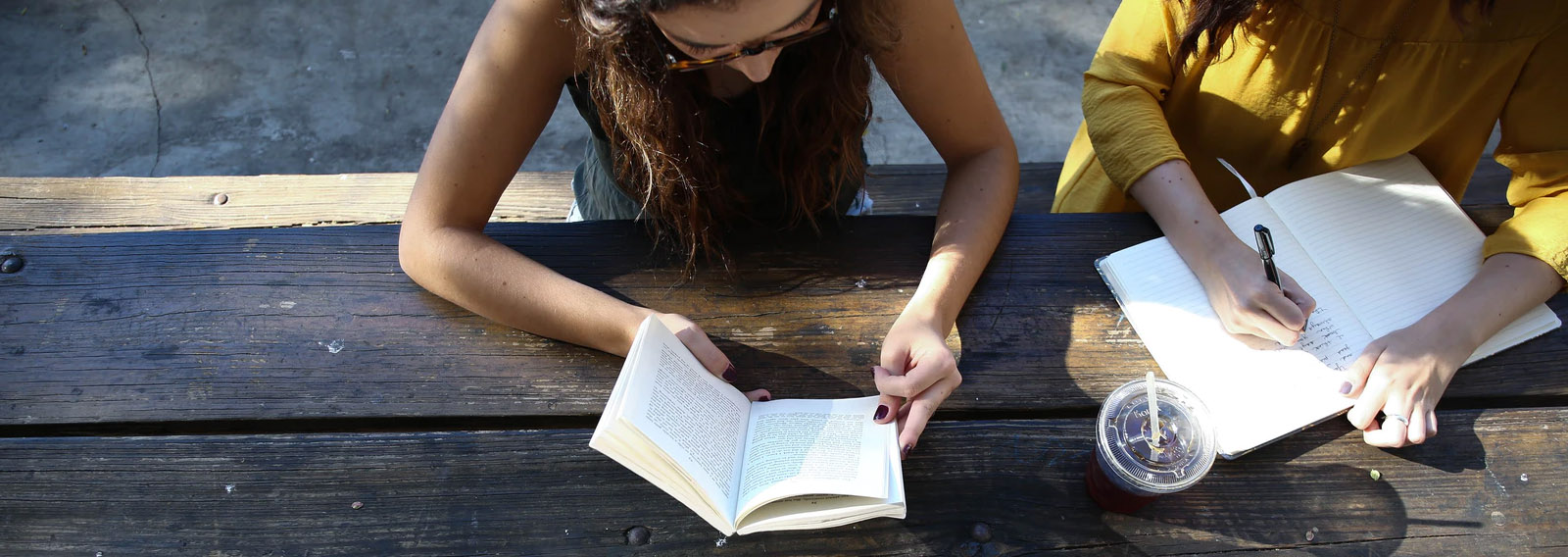An incoming freshman with a neurological disorder has been told she will need to receive a mandatory COVID-19 vaccine to pursue her studies, despite her doctor warning the school of the risks due to her condition.
Olivia Sandor, who suffers from Guillain Barre Syndrome (GBS), an auto-immune disease that paralyzed her from the waist down, was set to start at the Brigham Young University Hawaii this fall, when an announcement was made June 16 that all students would be required to receive the COVID-19 vaccine.
When the school announced its new policy, BYUH’s assistant to the president said that students with religious or medical reasons can apply for an immunization exemption and that each case and circumstance would be reviewed to see if the student qualified.
Due to her unique and life-threatening circumstances, Olivia provided the university with a medical exemption in which her doctor notified the school of the risks she faced if she were to take the vaccine.
The letter read:
Olivia has been a patient of mine for many years. In January of 2019, she received an influenza vaccine and within a couple of years developed Guillain Barre Syndrome and was very ill for a couple of months.
Because of her history I believe a COVID vaccine or another influenza vaccine will endanger her health and possibly her life. I believe she should avoid those vaccines indefinitely.
After waiting three weeks, Olivia received a letter from the university informing her that her exemption had been denied.
The university’s response read:
After careful consideration of your request for a medical exemption, we reget that we cannot accommodate your request. Due to our unique location, diverse student population, and daily interaction with international tourists at the Polynesian Cultural Center, we must take extra precautions to protect our campus and community.
We recommend that you come when you can be fully vaccinated or consider attendance at one of our other church universities.
With the help of her parents, Olivia appealed again to the university, pleading with them to understand her medical circumstances.
The university responded again to Olivia, denying her request a second time, and providing two references from university doctors who had never treated her, assuring her the Pfizer and Moderna vaccines would be safe for her to take.

“She should not get the J&J vaccine, but the Pfizer and Moderna vaccines would be OK,” the email from the university said in contradiction to the advice of the doctor treating Olivia’s condition.
“It states that the mRNA vaccines (i.e. Moderna) haven’t shown any association with triggering GBS. She should be fine to get the Moderna vaccine.”
Olivia told Caldron Pool that attending BYUH had been her dream and that she had turned down a $200,000 scholarship to enrol at the university.
In a post on social media, Olivia detailed her experience, saying, “I’m sharing this today to shed light on how the COVID-19 vaccine is affecting me and my life and to help others not feel so alone… I may not know why this is all happening now, but I have faith that there is a reason.”
Olivia is one of a number of students who have expressed concerns about the mandatory vaccine policy adopted by BYUH.





















